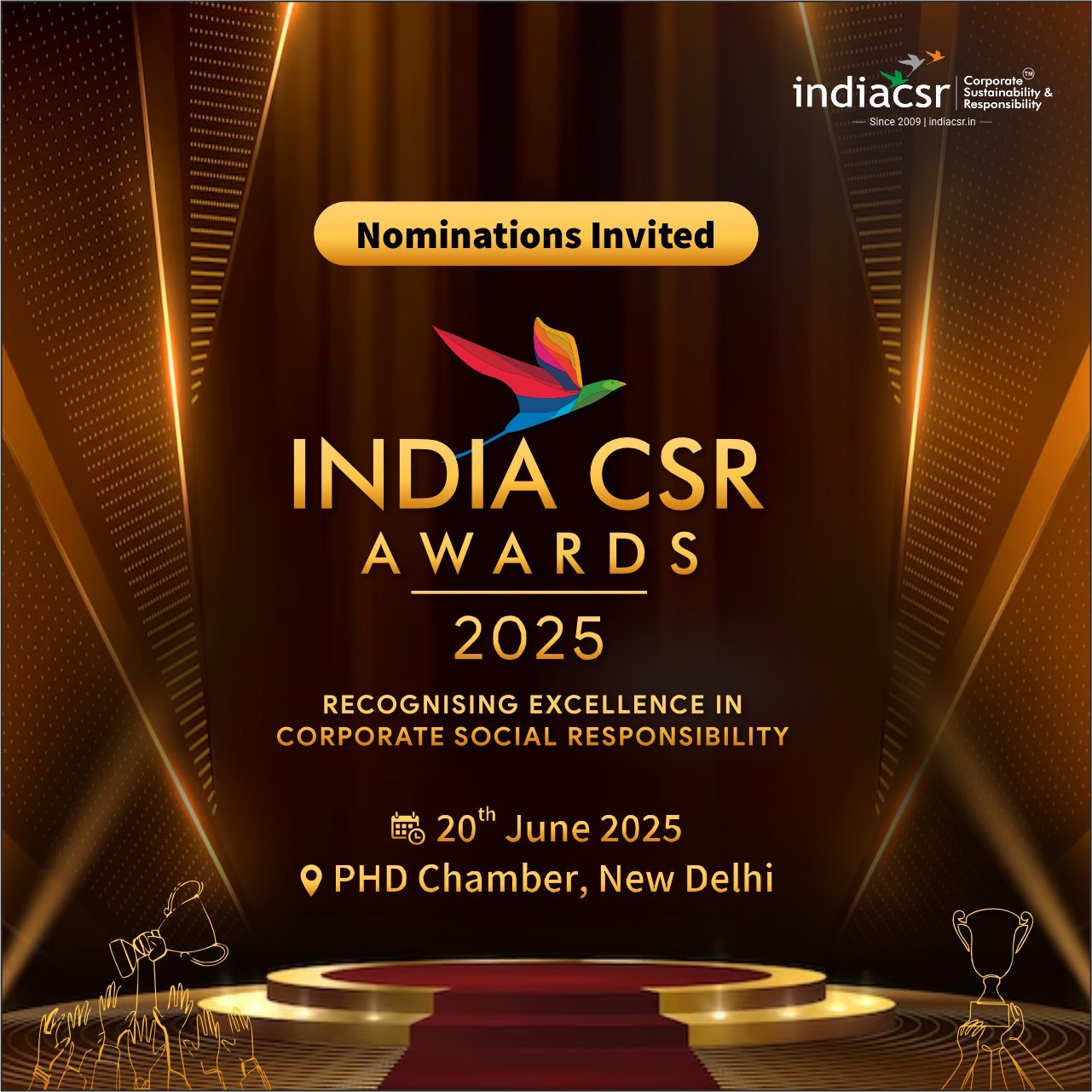If Doctors Educate Patients 90% of Disease Burden Will Go Away: Dr. T.K. Joshi, Director of Occupational Environment and Medicine Program, Maulana Azad Medical College and Formerly, National Consultant, World Health Organization, India
Mercury Thermometers to be faced out soon. Instead digital thermometers to come in, in its place: Dr. T.K Joshi
IndiaCSR News Newtwork
CHANDIGARH: The two day National meet on Environment and CSR which kicked off on Wednesday in city at JW Marriott concludes today i.e Thursday evening.
Addressing the gathering of the last session of the meet on Impact of Solid Waste on Health Dr. T.K. Joshi, Director of Occupational Environment and Medicine Program, Maulana Azad Medicall College and Formerly, National Consultant, World Health Organization, India said if doctors educate their patients properly 90 per cent of disease burden will go away.
Speaking further he added that the mercury thermometer, long a fixture in every household medicine cabinets is to be a thing of the past soon, if Minamata Convention rules have to implemented. The reason is Mercury released into the environment from a broken thermometer is highly poisonous. And India is one of the many countries who agreed to face out mercury medical devices in next seven years said Dr. Joshi.
Speaking futher Dr. Joshi asked delegates to discard Mercury Thermometers. And told them to shift to Digital Thermometer. Mercury is a toxic metal that attacks the central nervous system. It can cause life-long disability and, in extreme cases, death. Mercury can reach the body through inhalation, ingestion, and skin contact he said. Mercury is used today in a wide variety of products and processes. It is used in batteries, in thermometers, in fluorescent lights etc.
About 140 countries adopted in Geneva, Minamata Convention, a new treaty aimed at cutting mercury emissions, a toxic metal used in computers and gold mining. India too is a signatory to the same. It has to ban use of mercury within the next 7 years, a decision that could change the way we use your medical devices and reduce mercury in air, Dr. Joshi said.
In Israel, the Health Ministry has banned the use of thermometers and sphygmomanometers (blood pressure monitors) that use mercury. The World Health Organisation (WHO) has already called for mercury thermometers and blood pressure devices to be phased out due to health concerns.
Speaking about other impact of solid waste, he said Sanitation and open defecation is the India’s biggest problem. Every day, 1,000 children younger than 5 years old die in India. India contributes to more than 20 per cent of the child deaths in the world. About 30 million children across India do not have access to toilet facilities, he said
Adding further he stated that here has been growing controversy over the incineration of health-care waste. Under some circumstances, including when wastes are incinerated at low temperatures or when plastics that contain polyvinyl chloride (PVC) are incinerated, dioxins and furans and other toxic air pollutants may be produced. Exposure to dioxins may lead to adverse health effects. Long-term, low-level exposure of humans to dioxins and furans may lead to the impairment of the immune system, the impairment of the development of the nervous system, the endocrine system and the reproductive functions. Short-term, high-level exposure may result in skin lesions and altered liver function said Dr. Joshi. The International Agency for Research on Cancer (IARC) classifies dioxins as a “known human carcinogen”.
The two day meet on Environment and CSR organized by Greentech Foundation with a theme aligning sustainability and CSR with organization goals kicked off concluded today with closing remarks by Mr. Kamleshwar Sharan, President of Greentech Foundation.
📢 Partner with India CSR
Are you looking to publish high-quality blogs or insert relevant backlinks on a leading CSR and sustainability platform? India CSR welcomes business and corporate partnership proposals for guest posting, sponsored content, and contextual link insertions in existing or new articles. Reach our highly engaged audience of business leaders, CSR professionals, NGOs, and policy influencers.
📩 Contact us at: biz@indiacsr.in
🌐 Visit: www.indiacsr.in
Let’s collaborate to amplify your brand’s impact in the CSR and ESG ecosystem.























